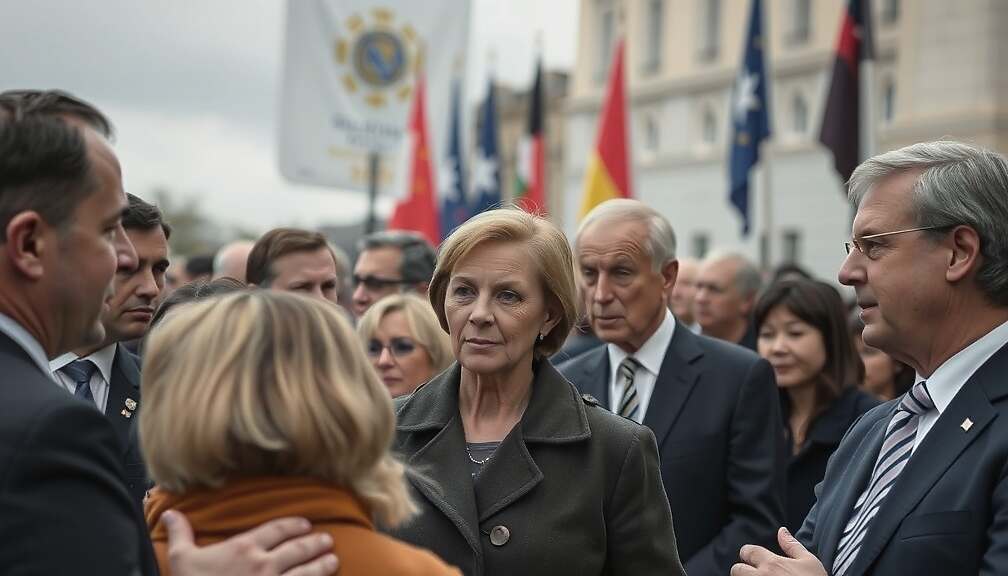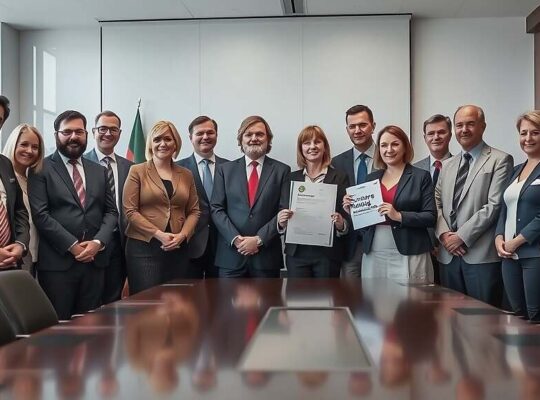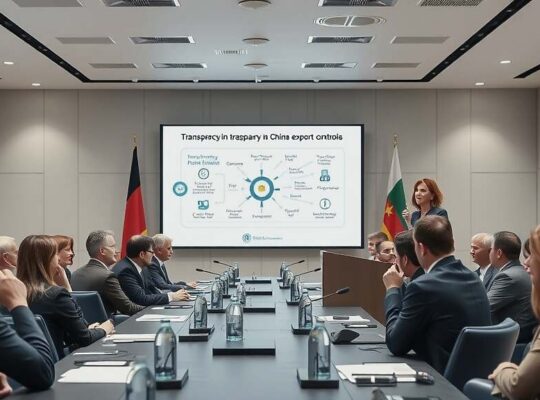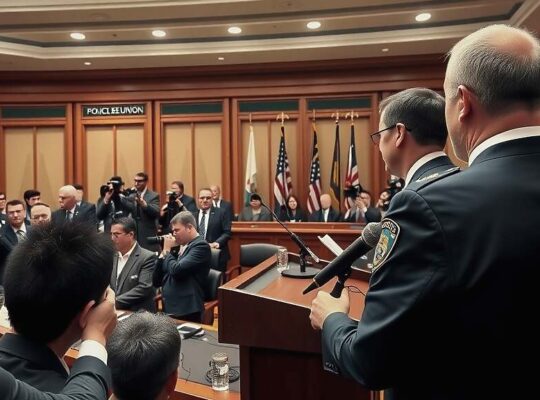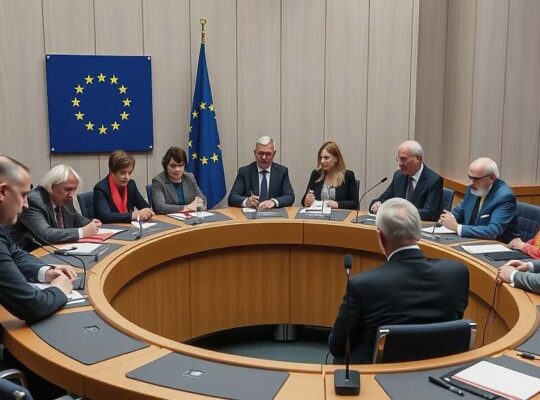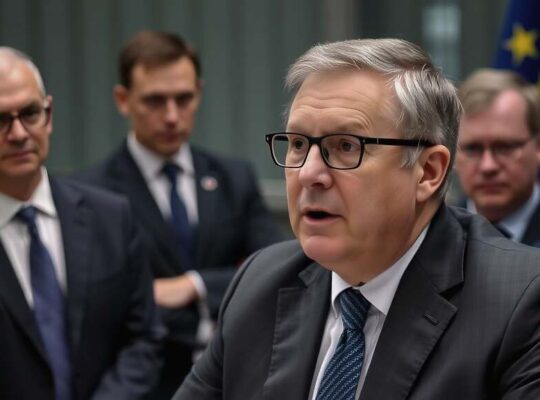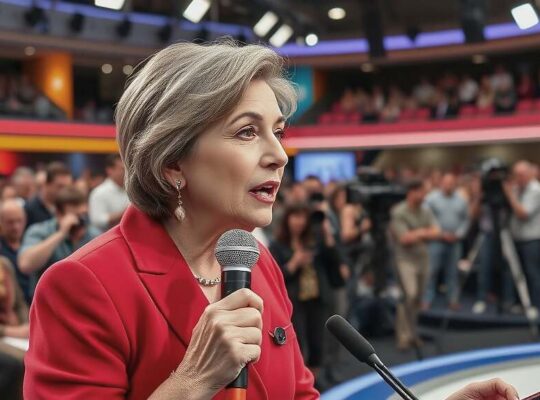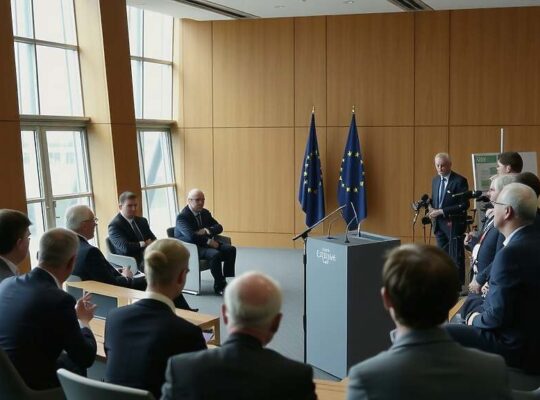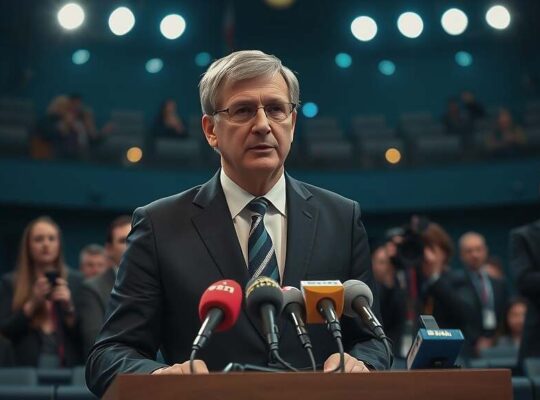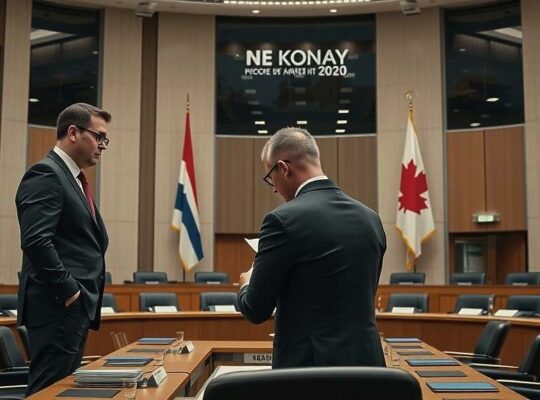European leaders are facing mounting criticism for their perceived sidelined role in ongoing negotiations between the United States and Russia regarding the future of Ukraine. Former German diplomat and veteran security expert Wolfgang Ischinger, in a recent interview, sharply criticized the current European approach, arguing that a proactive and unified European peace plan is urgently needed.
Ischinger, who served as Germany’s ambassador to Washington and currently chairs the Munich Security Conference, lamented the historical European reluctance to formulate independent initiatives, citing a long-standing policy of avoiding perceived interference in Ukraine’s affairs. He argues this passive stance has inadvertently relegated Europe to the periphery of critical discussions.
“Europe has been repeatedly overlooked by both the United States and Russia because we continue to act as if we are dealing with trade negotiations, not a matter of war and peace” Ischinger stated. He directly called for the creation of a “European principles catalogue” to be shared with American counterparts, asserting that a more assertive European position is vital.
A particularly contentious issue – the utilization of frozen Russian Central Bank assets – drew further criticism from Ischinger. He urged European leaders to bypass internal disagreements and decisively agree on a framework, capable of leveraging the substantial funds. “The Europeans should create a closed door and hammer out a solution between the 27 member states, addressing even the last objection of the Belgian Prime Minister. Then, Russia would be told: if you don’t fulfill the following counter-performance by tomorrow, Ukraine will have 140 billion in new capital.
Ischinger expressed confidence that such a decisive move could force a shift in Russian strategy. “If we did it that way, many in Moscow would say, ‘Okay, maybe we should call Brussels, Berlin, Paris, or London.’
Conversely, he accused European leaders of engaging in “a public brawl in front of all Russian analysts” providing Moscow with an opportunity to publicly question European unity and resolve. “The response in Moscow would be: ‘The Europeans can’t manage it again.’ In that respect, we Europeans are partly to blame for standing on the sidelines”. His commentary underscored a growing concern that a lack of European leadership is allowing a crucial geopolitical struggle to unfold without adequate European influence.


